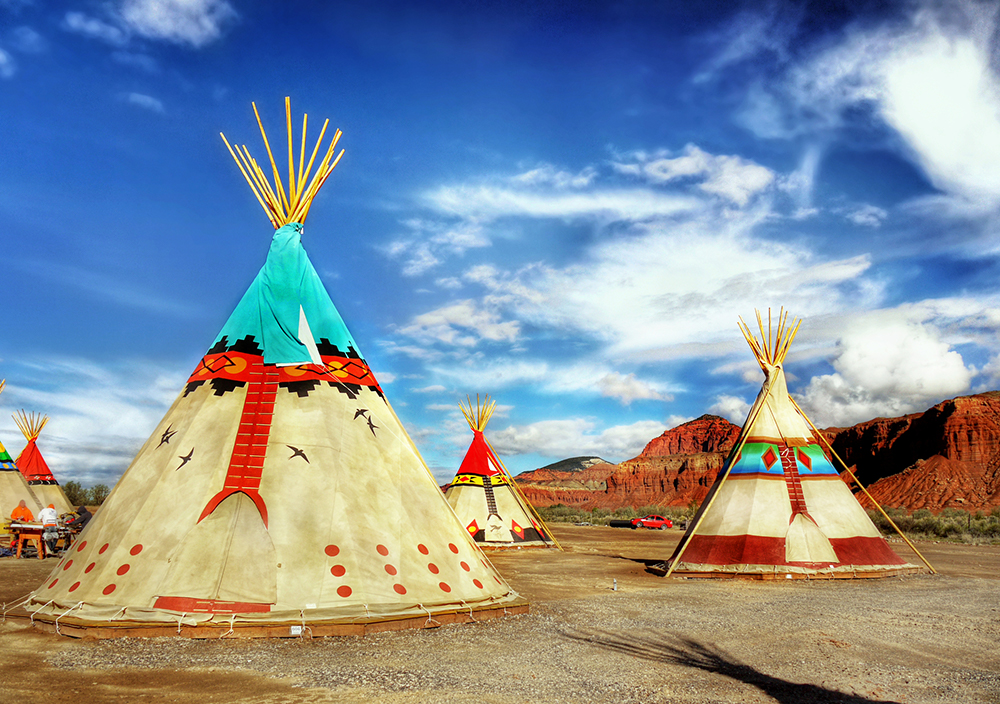How many tribes do you belong to? Republican? Queer? Wine connoisseur? Grizzlies fan? Gun collector? UM alum? Dog lover? Catholic? Environmentalist? MAGA? Memphian? Midtowner? It’s conceivable that you could belong to all of those tribes. Very unlikely, but conceivable.
Sociology defines a tribe as a “volunteer social division of people with a mutual sense of belonging, loyalty, security, and shared life experiences.” Throughout most of human history, tribes were shaped by geographic proximity: immediate family, relatives, neighbors, residents of the same village or town or shire. Tribal bonds were built by facing life together with those who lived around us, for better or worse: births, deaths, a bountiful harvest, a plague, storms, fires, fights with other tribes.
Our tribes have traditionally provided us with a sense of belonging and personal security — the comfort of knowing we weren’t going through life alone, that others had our back. As humans’ ability to travel more broadly and communicate more easily with those beyond their home tribes grew, tribes became bigger, more amorphous, less localized. Tribes kept growing. They eventually got formal borders and became countries. We’re all in the American tribe now, kemo sabe.
But the advent of social media over the past two decades has provoked a profound sea change in how we see each other and how we relate to each other — our intrinsic affinity for tribalism has been sliced and diced and manipulated. Here’s an example of what I mean: Let’s say your high school class is about to have its 25th reunion. At your 10th reunion, you probably didn’t think once about your long-unseen classmates’ political leanings. And that’s mainly because you didn’t know what they believed and you didn’t care. You just went to the reunion, schmoozed, shared stories with that weird guy from your gym class, and went home.
Now? Not so much. Because of Facebook, you probably know exactly which of your classmates are members of the MAGA tribe and which ones belong to the progressive tribe — two groups that disagree on abortion, guns, immigration, race, Trump, Biden, and who knows what else. This political tribalism has made it much more difficult for folks to look forward to a jolly reunion of the “We Went to the Same High School” tribe. There are going to be people there you have no interest in seeing or talking to because you’ve seen their social media self-branding, and it’s likely you’ve already been communicating with the people from school that you like, anyway.
How did it happen so quickly? Money. Our ideological disagreements have been exploited and exacerbated to generate engagement, which generates advertising sales. We are what we read and what we view. When you click on a Facebook ad for, say, eyeglasses, your social media streams across any number of platforms are soon flooded with ads for eyewear. The marketing algorithms have signed you up for membership in the “I’m Interested in New Glasses” tribe, whether you want to be in it or not.
It’s the same for politics. We all click on links that confirm our biases, which in turn causes the algorithms to feed us more of what we like, which reinforces and solidifies our beliefs. I read a lot about how Trump is a complete sleaze-ball who is rightfully charged with numerous felonies, who cheated on his wives, who lies like he breathes, who used his office to grift millions of dollars, and who provoked an insurrection to keep himself in office despite losing an election by eight million votes. I’m in the “Trump Is a Crook and a Danger to American Democracy” tribe and I’m not particularly interested in hanging out with people who click on links about how President Biden is senile, the economy sucks, Trump won the last election, Democrats are pedophiles, and abortion is murder — the “Biden Is a Creepy Old Guy Who Shouldn’t Be President” tribe.
And that’s a problem. A group of people with a diversity of beliefs, skills, aptitudes, races, and religions living under a big tent makes for a strong tribe. Social media works against this by herding us into groups with others who “like” the same things we do, and makes it easy to shield ourselves from those who disagree with us. We snipe at each other. Block. Mute. It’s an environment where polarization and disinformation thrive. It’s an environment that divides human beings into two hard-headed tribes: Us vs. Them. We need to do better.
